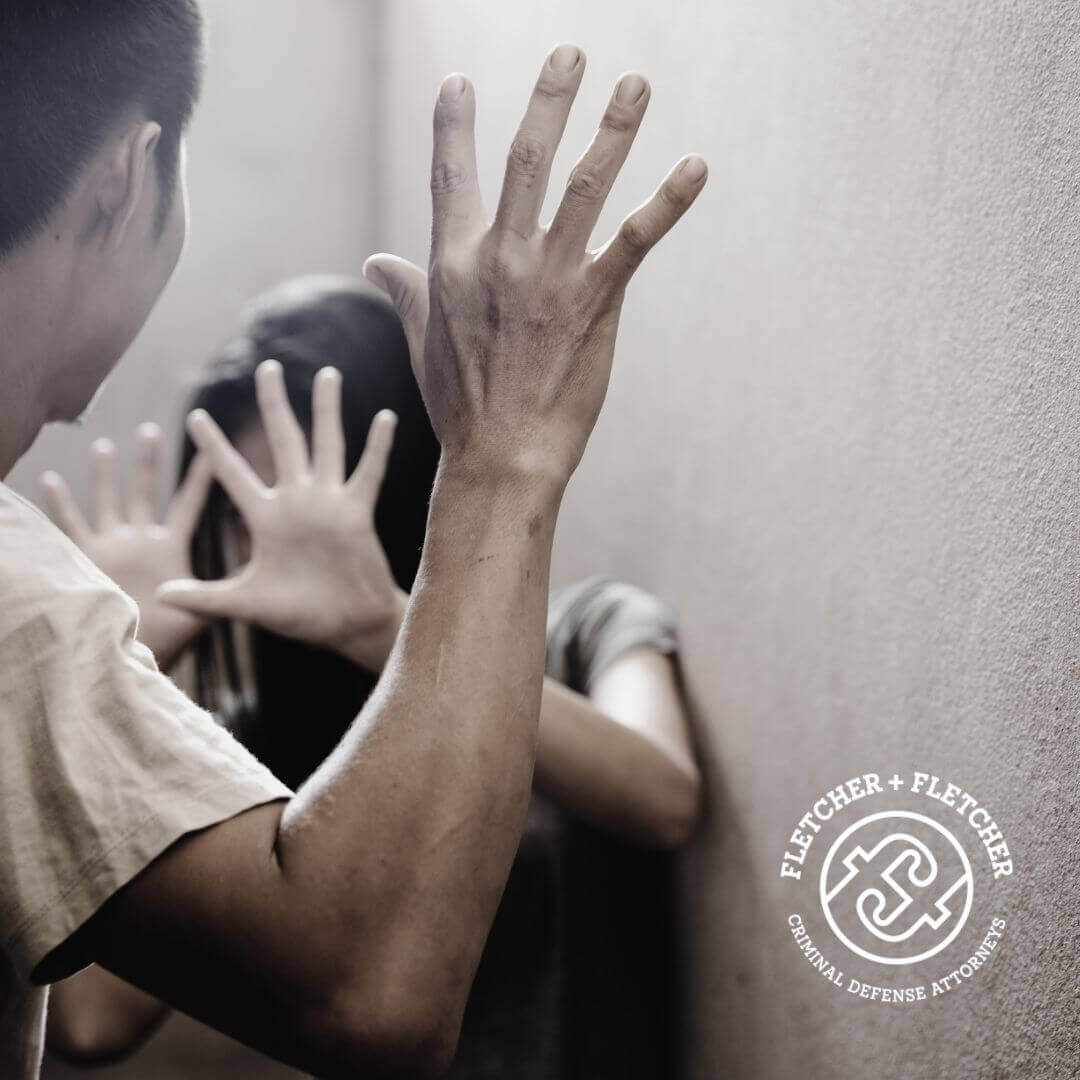Introduction
If you or a loved one has been charged with domestic violence in St. Petersburg or Pinellas County, one of the most immediate conditions of pretrial release is often a no contact order. While intended to protect alleged victims, these orders can create unintended hardships for families, particularly those who live together or share children. Understanding how no contact orders work, why they can be problematic, and how to request a modification is crucial during this process.
What Is a No Contact Order?
A no contact order is a condition placed on someone’s pretrial release after being charged with domestic violence. This order prohibits the accused from directly or indirectly communicating with the alleged victim.
What Does a Contact Order Include?
- No phone calls, text messages, emails, or social media contact.
- No physical contact, including visiting shared homes or workplaces.
- Indirect contact, such as passing messages through friends or family, is also prohibited.
Why Are No Contact Orders Imposed?
Florida courts impose these to protect the alleged victim from further harm or intimidation while the case is pending. Judges typically issue them automatically in domestic violence cases to err on the side of caution.
How These No Contact Orders Can Be Problematic
While these are meant to protect individuals, they can create serious issues, particularly when the parties have close relationships or obligations.
- Impact on Families:
- The accused may be unable to return to their home, disrupting living arrangements for spouses, partners, or children.
- This can cause financial strain, especially if the accused is the primary provider.
- Complications for Co-Parenting:
- Shared custody or co-parenting responsibilities become nearly impossible with an order in place.
- This can affect children’s routines and create stress for everyone involved.
- Unintended Violations:
- Innocent mistakes, such as accidental communication or being in the same public place as the alleged victim, can lead to a violation.
- Violating a no contact order can result in jail time and stricter conditions.
How to Get a No Contact Order Lifted
If a no contact order is causing undue hardship, the accused can request the court to modify or lift it. Here’s how:
- File a Motion to Modify or Lift the No Contact Order:
- Your attorney will file a formal request with the court explaining why the order is creating unnecessary difficulties.
- Get the Alleged Victim’s Consent (if possible):
- Judges are more likely to consider lifting the order if the alleged victim agrees to it. However, this step is not required.
- Demonstrate No Risk of Harm:
- Your attorney will argue that lifting or modifying the order will not pose any danger to the alleged victim.
- Examples include clean prior records, evidence of non-violence, or the alleged victim’s willingness to resume contact.
- Attend a Hearing:
- The judge will hold a hearing to review the motion, hear arguments, and decide whether to lift or modify the order.
Alternatives to a Full No Contact Order
If the judge is unwilling to lift the order entirely, they may consider alternatives, such as:
- Limited Contact Orders: Allowing communication for specific purposes, like discussing child custody or financial matters.
- Third-Party Mediation: Using a neutral third party to pass messages or facilitate co-parenting discussions.
- Stay-Away Distances: Allowing contact under certain restrictions, such as maintaining a physical distance.
Why You Need an Attorney to Handle No Contact Orders
Modifying or lifting a no contact order requires strong legal arguments and a clear demonstration of need. An experienced domestic violence attorney in St. Petersburg can:
- File the appropriate motions on your behalf.
- Present evidence to the court showing why the no contact order is unnecessary or overly burdensome.
- Ensure you comply with all legal requirements while the case is pending.
How Fletcher + Fletcher Can Help
At Fletcher + Fletcher, we understand the complexities of no contact orders and how they can disrupt your life. As experienced domestic violence attorneys serving St. Petersburg and Pinellas County, we work diligently to help clients modify or lift these orders while protecting their rights.
Learn more about our domestic violence defense services or contact us today to schedule a consultation.




